Social Complexity in Prehistoric Eurasia: Monuments, Metals and Mobility
Social Complexity in Prehistoric Eurasia challenges current interpretations of the emergence, development, and decline of social complexity in the steppe region of China and the former Soviet Union. Through a thematic investigation of archaeological patterns ranging from monument construction and use and production and consumption of metals to the nature of mobility among societies, the essays in this volume provide the most up-to-date thinking on social and cultural change in prehistoric Eurasia. Collectively, they challenge broader theoretical trends in Anglo-American archaeology, which have traditionally favored comparative studies of sedentary agricultural societies over mobile pastoralist or agro-pastoralist communities. By highlighting the potential and limitations of comparative studies of social complexity, this volume sets the agenda for future studies of this region of the world. It emphasizes how the unique nature of early steppe societies can contribute to more comprehensive interpretations of social trajectories in world prehistory.
{{comment.content}}
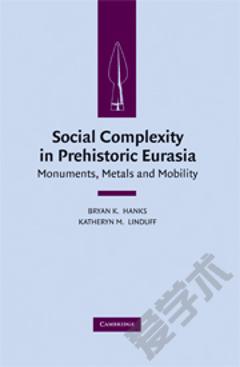

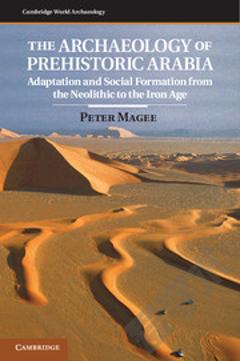
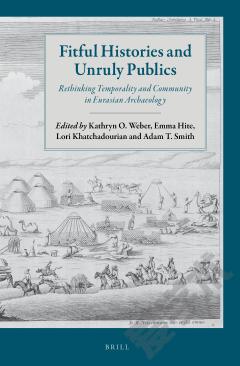
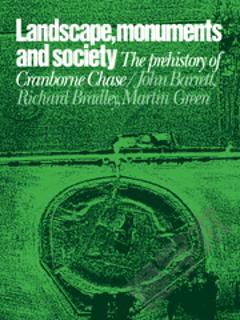
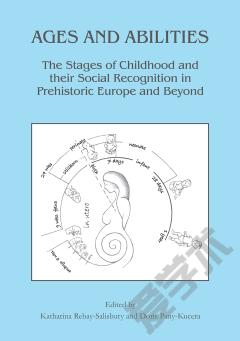
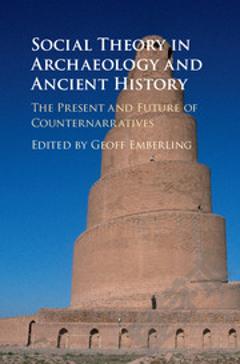

 京公网安备 11010802027623号
京公网安备 11010802027623号